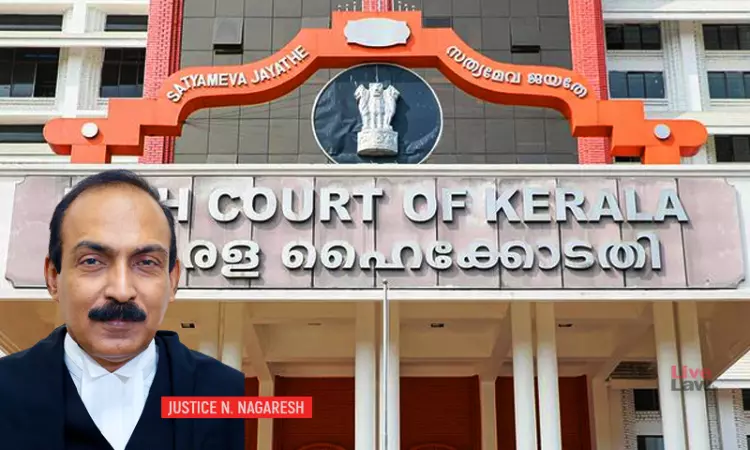Kerala High Court Permits Temporary Conversion Of Paddy Land For Highway 6-Laning Project
Navya Benny
10 Oct 2023 2:15 PM IST

Next Story
10 Oct 2023 2:15 PM IST
The Kerala High Court has permitted the temporary conversion of paddy land for the purpose of a Highway 6-Laning Project. Noting that the application for permission to temporarily convert the paddy land in question had been made for a public purpose, the Single Judge Bench of Justice N. Nagaresh observed that non-availability of alternate land is no more a condition or requirement for grant...
